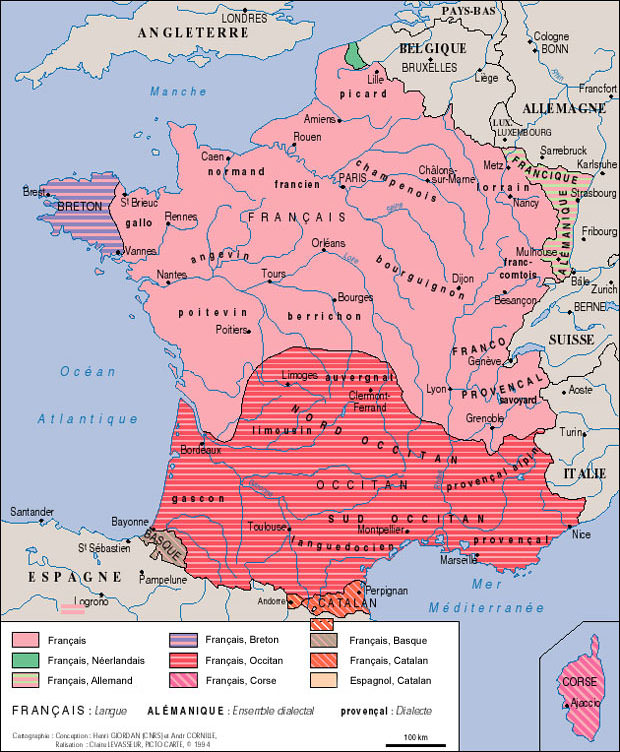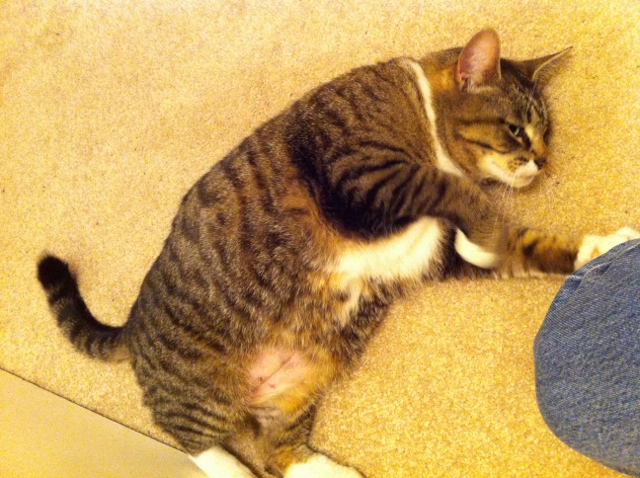
posted by Simon Kemp
I’d like this blog to be useful for all aspects of studying French, including grammar, but I don’t want reading it to feel too much like work. So here’s a new thread of occasional posts, offering a highly unsystematic dabble here and there in the French language to come up with a few choice nuggets of tricky grammar. I’m going to pick out the things I wish someone had put straight for me when I was learning… the things examiners slip into the grammar questions in our first-year exams to trip up the unwary… the things my undergraduates are STILL getting wrong after having it pointed out half-a-dozen times….
Let’s start with this sentence:
Elle s’est cassé la jambe.
It means, ‘She’s broken her leg’, or literally, ‘She’s broken the leg to herself.’ French grammar tests are always full of women breaking their legs, cutting their fingers, washing their faces, not due to a worrying obsession with female body parts, but to see whether you’ll translate it correctly as:
Elle s’est coupé le doigt.
Elle s’est lavé le visage. (etc.)
…or whether you’ll succumb to the temptation to add an extra ‘e’ to those past participles. So why is it cassé, coupé and lavé, not cassée, coupée and lavée? To answer that, we need a little excursion into the rules of French agreement.
As you probably know, past participles in French, like the ‘cassé’ of ‘elle s’est cassé la jambe’, agree with a preceding direct object. (There is the exception of the sixteen special verbs whose past participle agrees with the subject — Elle est allée, Ils sont tombés, etc — but they don’t concern us here.)
So:
‘Où est ta voiture?’
‘Je l’ai vendue.’
There’s an ‘e’ on the end of the participle, ‘vendue’, because the ‘l’ is the direct object of the verb vendre (I sold it), because it’s feminine (the ‘l’ is a ‘la’, referring to ‘la voiture’), and because it precedes the word vendue in the sentence.
On the other hand, there’s no agreement here:
J’ai vendu ma voiture.
because there’s a direct object, ‘ma voiture’, but it comes after the participle in the sentence.
And there’s no agreement here:
Je leur ai vendu ma voiture.
because the ‘leur’ preceding the participle is an indirect object (I sold my car to them.)
OK so far?
The problem comes when you have something in the sentence that’s clearly a preceding object of the verb, but you’re not sure whether it’s direct or indirect. Sometimes it’s easy to tell, because they’re obviously two different words. The French direct object pronouns, le, la and les (him/her/it, them) are clearly different from their indirect equivalents, lui and leur (to him/to her/to it, to them).
But more often than not, they’re spelled and pronounced the same. The direct object, ‘us’ in French is ‘nous’, and the indirect object, ‘to us’ in French is also ‘nous’. Even so, they’re still two different words every bit as much as the bark on the outside of a tree is different from the bark that next door’s dog does when you’re trying to get to sleep. Here are the direct object pronouns in French:
me —- me
te —- you
le —- him/it
la —- her/it
nous —- us
vous —- you
les —- them
And here are the indirect ones:
me —- to me
te —- to you
lui —- to him/to her/to it
nous —- to us
vous —- to you
leur —- to them
The same rules apply for pronouns with reflexive verbs, which are the ones where the object of the verb is the same as the subject (i.e. when you’re doing things to yourself). Here are the direct object pronouns for reflexive verbs:
me —- myself
te —- yourself
se —- himself/herself/itself
nous —- ourselves
vous —- yourself/yourselves
se —- themselves
And here are the indirect ones:
me —- to myself
te —- to yourself
se —- to himself/to herself/to itself
nous —- to ourselves
vous —- to yourself/to yourselves
se —- to themselves
With the reflexive pronouns, as you’ll have noticed, every single one of them looks the same in direct and indirect forms. It’s a cunning ploy by the French to confuse language learners as much as possible.
So, finally, back to our original sentence. The key to understanding how it works is to remember that there are two different ‘se’s. There’s the direct object ‘se‘:
Elle s’est lavée. – She washed herself.
Here, ‘se’ (herself) is the direct object of the verb laver. (What did she wash? She washed herself.)
And there’s the indirect object ‘se‘:
Elle s’est lavé le visage. – She washed the face to herself
…which is just the French way of saying that she washed her face, I know, but the literal translation helps me keep the grammar straight in my head. Here, ‘se‘ (to herself) is the indirect object of the verb laver.
(By the way, it’s important not to get distracted by the fact that reflexive verbs take être rather than avoir in the perfect tense: ‘Elle s’est lavé le visage’. That doesn’t make them part of that list of sixteen verbs with past participles that agree with the subject — aller, tomber, etc. — which also take être. Reflexive verbs follow the same rules of agreement as avoir verbs.)
And the same goes for:
Elle s’est cassé la jambe. – She broke the leg to herself.
The verb has a direct object, la jambe (What did she break? The leg), but it is not preceding the participle: it comes after.
And the verb has a preceding object pronoun, the reflexive pronoun ‘se’, but it is not a direct object: it’s an indirect object (to herself).
Therefore, there’s no preceding direct object.
Therefore, no agreement.
Therefore, cassé.
Thank you, and good night.






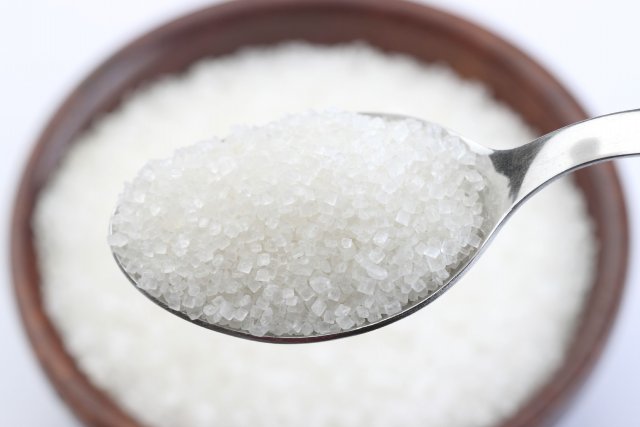

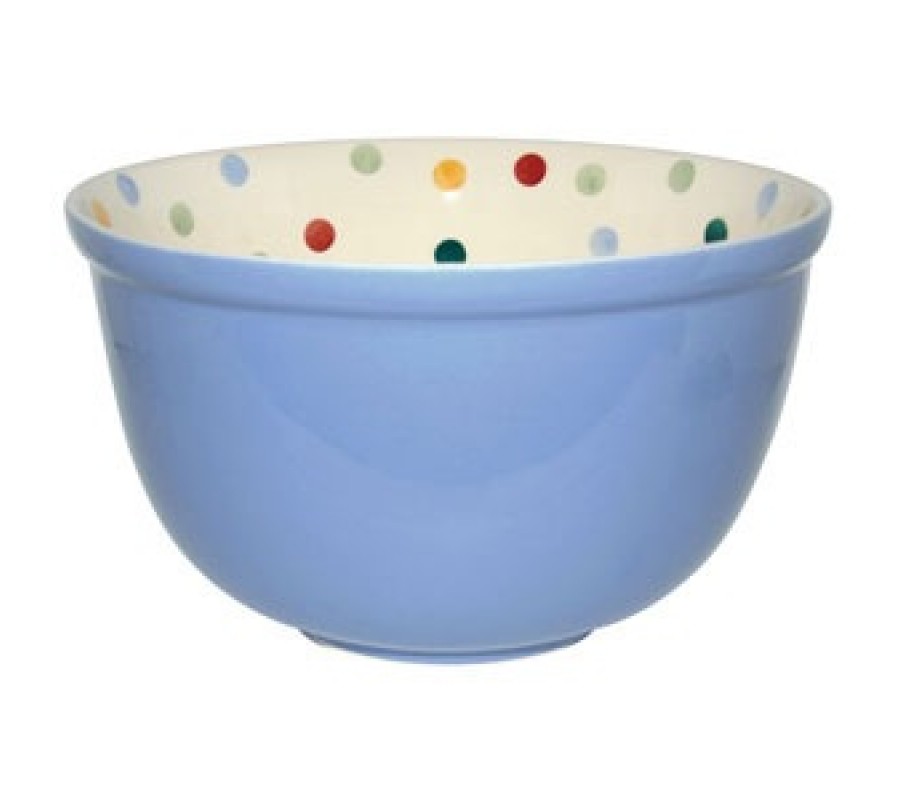

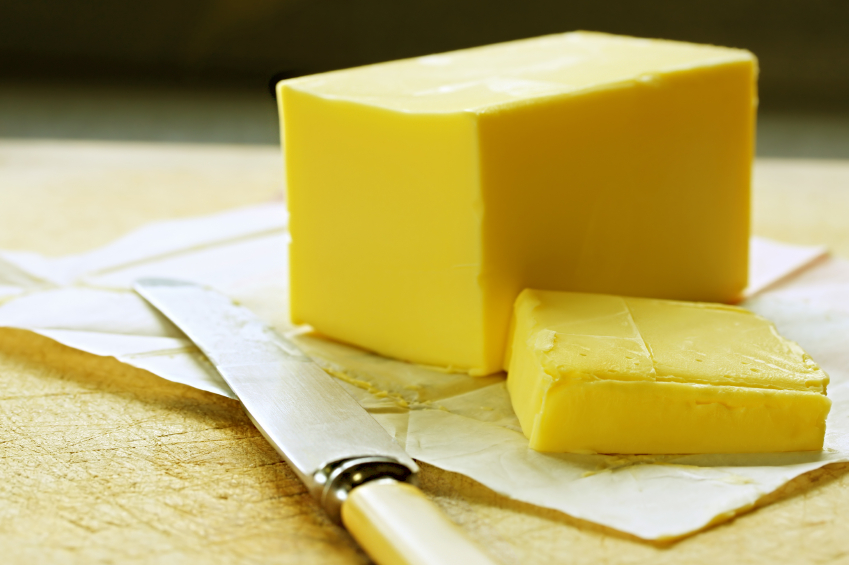





![‘… a parler, bien sonere et parfaitement escrire douce frances qu’est la plus belle et la plus gracious langage et la plus noble …’ [A detail from a manuscript of the Manière de langage, Cambridge University Library, MS Dd.12.23, f. 67v.]](https://farm4.staticflickr.com/3847/14940771507_dc23047502_o_d.png)

![gauls_color[1]](http://lurkio.co.uk/blog/wp-content/uploads/2013/02/gauls_color1.jpg) The Gauls were a Celtic people who settled France some time around 600 BC. They weren’t the first people to arrive in France: the cave paintings at Lascaux were painted fifteen thousand years earlier, and stone tools have been found in the Hérault département that date back one and a half million years. The Gauls came to dominate the culture and language spoken in the territory that would become France, however. Only the Basque language spoken in the far south-west and across the border in northern Spain preserves an echo of the speech of earlier populations. For French, the Gauls are our starting point. While the Gauls may be the ancestors of many modern French people (and many more, raised on the adventures of Asterix and Obelix, would very much like to think so), their language has left much less of an imprint on French than that of the invaders who were to conquer them, the Romans. Latin is the real root of modern French, as we’ll see in a later post, imported into France by the conquerors to be the language of trade and administration, and gradually filtering down to supplant the Gaulish language over the course of six centuries. Gaulish was not entirely wiped out, though: it survives as a language through Breton, one of the family of modern-day Celtic languages that includes Welsh and Gaelic. And if you look carefully you can find a few Celtic remnants scattered in the French spoken today as well.
The Gauls were a Celtic people who settled France some time around 600 BC. They weren’t the first people to arrive in France: the cave paintings at Lascaux were painted fifteen thousand years earlier, and stone tools have been found in the Hérault département that date back one and a half million years. The Gauls came to dominate the culture and language spoken in the territory that would become France, however. Only the Basque language spoken in the far south-west and across the border in northern Spain preserves an echo of the speech of earlier populations. For French, the Gauls are our starting point. While the Gauls may be the ancestors of many modern French people (and many more, raised on the adventures of Asterix and Obelix, would very much like to think so), their language has left much less of an imprint on French than that of the invaders who were to conquer them, the Romans. Latin is the real root of modern French, as we’ll see in a later post, imported into France by the conquerors to be the language of trade and administration, and gradually filtering down to supplant the Gaulish language over the course of six centuries. Gaulish was not entirely wiped out, though: it survives as a language through Breton, one of the family of modern-day Celtic languages that includes Welsh and Gaelic. And if you look carefully you can find a few Celtic remnants scattered in the French spoken today as well.